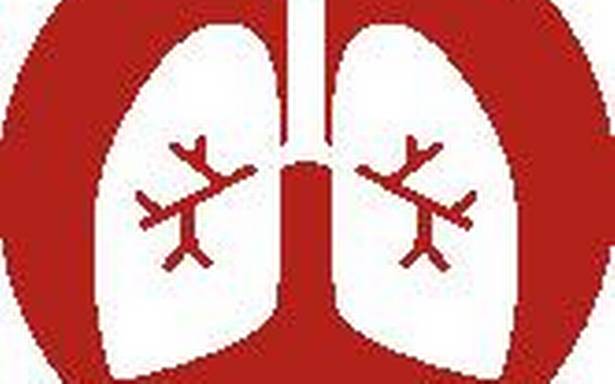It is caused by a pressure-related change in body compartment gas volume
A study by a team of doctors from a dedicated tertiary care COVID-19 centre in Bengaluru involving 410 critically ill COVID-19 patients on respiratory support has reported a high incidence (9.3%) of barotrauma events in patients. This is both on mechanical ventilation or other forms of respiratory support.
Barotrauma is tissue injury caused by a pressure-related change in body compartment gas volume, similar to tearing of the lung tissue, which leads to collection of air around the lungs. This air can also push its way and extend outside to below the skin surfaces.
The study titled “Severe COVID-19 pneumonia and barotrauma: From the frying pan into the fire” has been authored by a team of doctors including Ravindra M Mehta, Senior Consultant and HOD (Pulmonology and Interventional Pulmonology) and Hariprasad Kalpakam, Consultant, Pulmonology at Apollo Speciality Hospitals, Jayanagar. The study has been posted on medRxiv, the preprint server for health sciences.
“Although uncommon, barotrauma is a known complication in patients on mechanical ventilation for various reasons. An incidence of around 2.9% has been reported before the COVID pandemic,” Dr Mehta told The Hindu on Tuesday.
“This is a retrospective study of COVID-Acute Respiratory Distress Syndrome (ARDS) associated barotrauma over five months in patients on Positive Pressure Ventilator Support (PPRS) in our hospital. The type of barotrauma, intervention, related factors, such as type of respiratory support (invasive Mechanical Ventilation versus Non-invasive Ventilation), airway pressure prior to the occurrence of barotrauma, and post-barotrauma outcomes were analyzed,” he explained.
“Barotrauma has been described in MERS and SARS-CoV-1 and very few reports in SARS-CoV-2. This complication can happen anytime in the course of critically ill COVID-19 patients. If not caught in time, it can be life-threatening,” he said.
Stating that barotrauma is one of the reasons for high mortality, the doctor explained: “The cause is severely damaged lungs from the disease, longer duration of respiratory support required by COVID-19 patients and uniform use of corticosteroids and infection. Clinical outcomes are worse for these patients, as this manifests suddenly followed by a downhill course.”
Of the 410 COVID-ARDS patients on PPRS, 38 (9.3%) developed barotrauma. Of these, 20 (52.6%) were on non-invasive ventilation and 18 (47.4%) were on invasive mechanical ventilation.
“Overall, 24 of the 38 (63.2%) patients succumbed to their illness. The barotrauma happened a median of 6.5 days after admission and 15 days from symptom onset. The median duration from barotrauma to death was seven days and barotrauma to discharge (for survivors) was 12.5 days. All patients received steroids and 11 of the 38 (28.9%) received additional immunosuppression with tocilizumab, an interleukin-6 (IL-6) receptor inhibitor,” according to the study.
The study highlights the significance of high degree of awareness of this complication, which may help in modification of treatment protocols and ventilator management.
Source: Read Full Article

